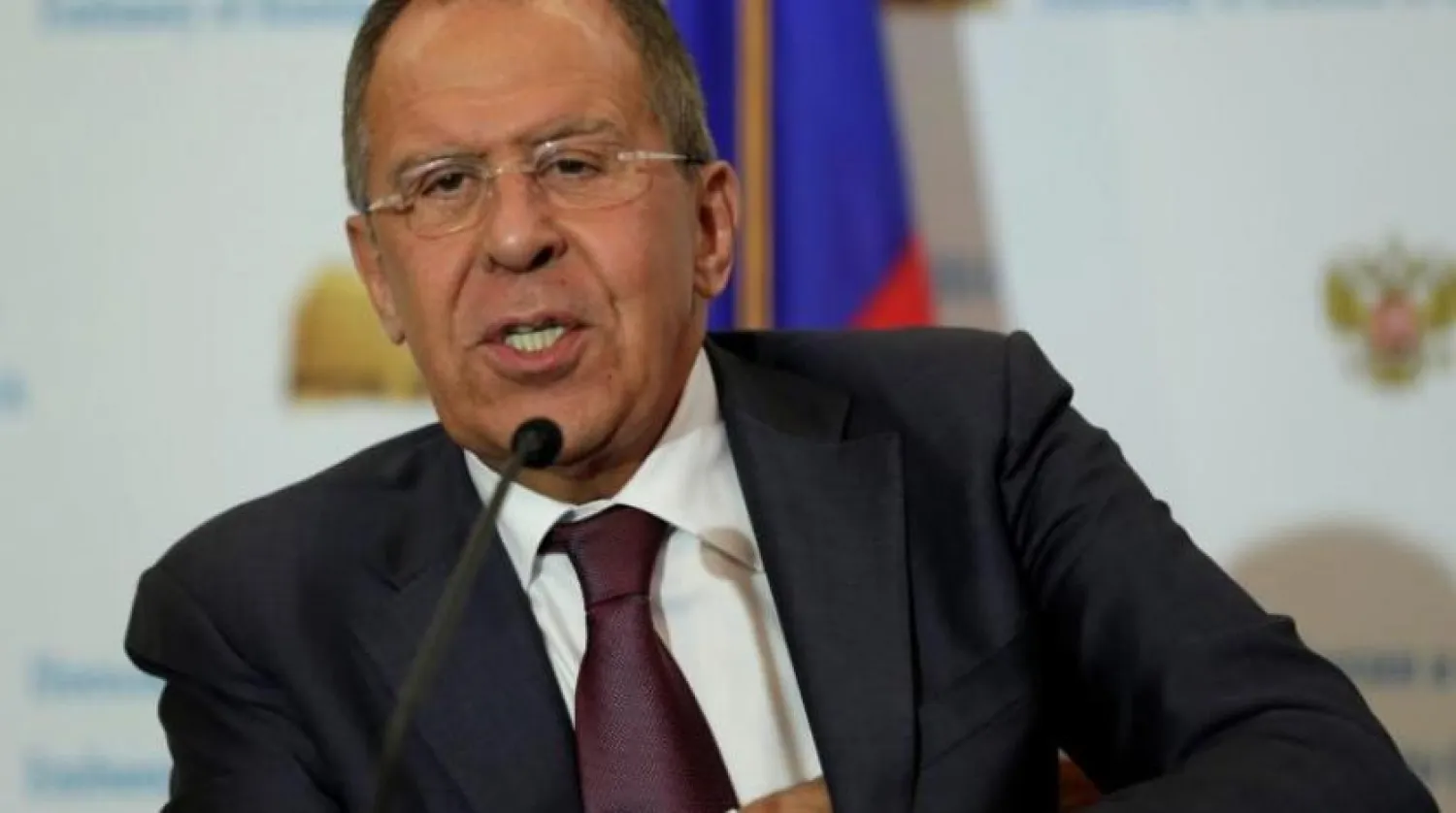Russian Foreign Minister Sergei Lavrov discussed with a senior Palestinian official in Moscow Tuesday the latest developments and means to enhance the peace process.
During the meeting, Moscow signaled willingness to support an international gathering in Cairo to discuss the mechanism of reviving the peace talks between the Palestinians and Israel.
On Tuesday, Hussein el-Sheikh, a member of the central committee of Palestinian President Mahmoud Abbas' Fatah Movement, held talks in Moscow with Russian officials.
In a press statement following his meeting with Lavrov, el-Sheikh said discussions focused on the situation in the region and the upcoming Palestinian elections.
Moscow has welcomed Friday’s announcement from Abbas of the first full parliamentary and presidential elections in 15 years, scheduled to begin in May.
“This agreement is crucial for holding Palestinian-Israeli talks and solve all pending issues based on the two-state solution and in accordance with relevant UN resolutions, bilateral agreements and international law,” Lavrov was quoted as saying.
Palestinian ambassador to Russia Abdel Hafiz Nofal said the meeting tackled the resumption of talks between the Palestinians and Israel, the Russian role in pushing the peace process forward and the national reconciliation.
“We informed Moscow that resuming talks with the Israeli side does not mean immediately returning to the negotiation table. Palestine would only resume talks in accordance to a new mechanism based on an international formula that is not only under the control of the United States,” he said.
Also, the Palestinian side thanked Russia for its help in fighting the spread of the COVID-19 disease in the Gaza Strip and the West Bank.
Russian authorities approved to provide Palestinians with 100,000 doses of Sputnik V vaccine. Moscow decided to urgently send 5,000 doses as a personal donation from Russian President Vladimir Putin.









